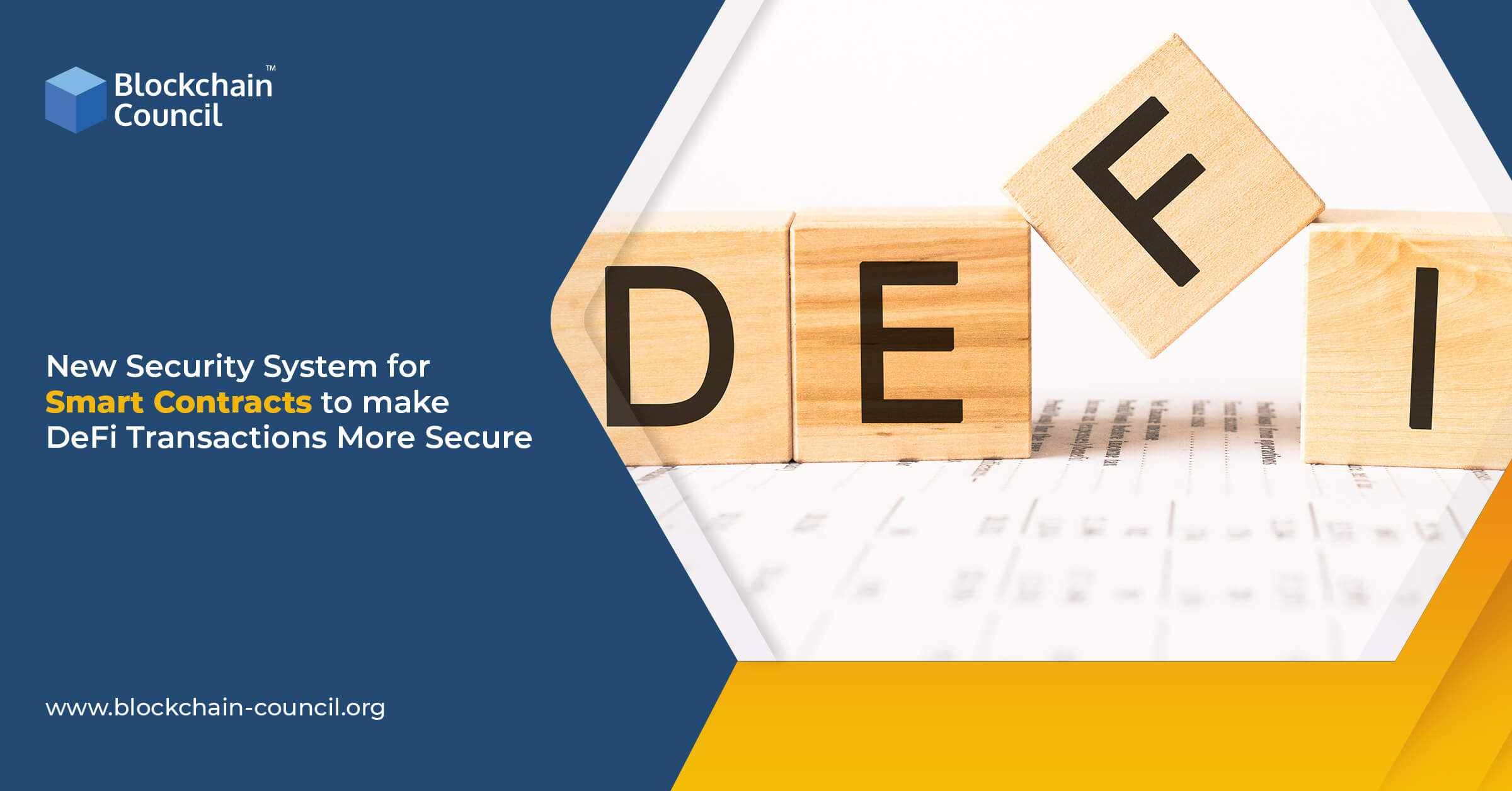
- Toshendra Kumar Sharma
- June 15, 2020
Wondering how governments around the world can use blockchain technology to provide better public services? If you want to learn about the role of blockchain in the government sector, you have landed at the right page. The article illustrates how governments are leveraging blockchain projects.
Learning Of Blog
- Introduction
- List of Popular Blockchain Projects
- How Blockchain Projects are Helping Government
- The Verdict
Introduction
Blockchain is a distributed ledger technology that is revolutionizing almost all industries. Due to its capability to offer transparency, immutability, privacy, and security, the government all around the world is adopting blockchain technology to provide better public services. Be it India, North America, South America, the United Kingdom, or Africa, the government of all countries is leveraging blockchain technology to build a better future for public services. Few are utilizing blockchain to architect a “paperless, secure, corruption-proof” system while others are adopting to experience transparent administration of government contracts, and reliably sharing data with the public. Depending upon the need of the country, governments across the world are leveraging technology.
As the technology is booming, the demand for blockchain experts and blockchain developers are soaring at an alarming rate. If you want to stand out from the rest of the crowd, check out the best blockchain certification courses.
List of Popular Blockchain Projects
Before we understand how blockchain projects are helping governments globally, let’s have a look at the top three popular projects.
RSK: It is also known as Rootstock, is a smart contract platform that is connected to the Bitcoin blockchain through sidechain technology. When introduced, it aimed at providing the Bitcoin blockchain smart contract functionalities.
ICON: Based on blockchain, it is a decentralized network that intends to connect multiple blockchains from across the world and solve the difficulty of interoperability in the space.
Power Ledger: This project offers an energy trading platform for the decentralized selling and buying of renewable energy, and presently it is used in various countries.
How Blockchain Projects are Helping Government
Let’s explore how these successful projects are helping governments in various ways. Let’s start with RSK.
RSK
Central Bank of Argentina, BCRA, is currently working on a proof-of-concept (PoC), powered by RSK technology. The PoC is focused on implementing a decentralized platform that would allow for end-to-end traceability of account debit claims.
The different actors such as banks, clearinghouses, financial agents, etc. in the financial system will have access to this solution, and they will be able to make transactions in a reliable and secure manner, achieving end-to-end traceability for managing each claim while keeping track of the bank account updates entered into the system.
Also, OS City, a government tech company, aims at transforming the government into a platform of digital services. Based on RSK, the platform enables in regaining public trust, reduces corruption and bribery, increases transparency, and promote accountable decision-making process. The platform aims at developing the next generation of smart cities in countries such as Mexico, Argentina, Chile, Brazil, and Colombia.
ICON
It is a cryptocurrency platform designed to connect various Blockchains by allowing them to interact with each other through smart contracts. ICON is the government’s leading blockchain tech partner and is working on several government-backed projects in the field of insurance, healthcare, customs service, and education industries.
ICON and Cyberdigm have collaborated to develop a blockchain-based contract platform, known as Chain Sign, to allow legally binding contracts to be signed digitally. Powered by a loop chain, the project is proven its cost efficiency and tamper-proof safety to a list of clients, including the government’s regulatory authority, Financial Supervisory Service, and Samsung Electronics.
Power Ledger
It is an Australian-based project that uses blockchain technology to trade renewable energy and environmental commodities. It is a software that allows for peer-to-peer energy trading from rooftop solar panels and aims at building the operating system for the new energy marketplace. Power Ledger’s proprietary software is currently useful in multiple countries, such as Australia, Thailand, India, Japan, and the United States.
Talking about the contribution of Power Ledger in Thailand, Power Ledger has collaborated with Thai renewable energy business BCPG and Thai utility Metropolitan Electricity Authority (MEA) to trade rooftop solar power to meet the energy demands.
WA Government land developer DevelopmentWA in partnership with Power Ledger, Curtin University, and the Australian Government Smart Cities initiative aims at creating a 100% renewable energy residential development.
Want to gain an in-depth understanding of blockchain? Get started with the best blockchain certification courses.
The Verdict
We have seen how governments across the world are leveraging blockchain technology to help address some major public sector challenges. There are numerous blockchains projects that governments are utilizing for various purposes. Another such project is Algorand, which is an open-source, permissionless pure proof-of-stake blockchain that is helping SFT technologies to develop Central Bank Digital Currency(CBDC) of the Marshall Islands dubbed Marshallese Sovereign (SOV).
But for the widespread adoption of blockchain technology, there are still several constraints such as cybersecurity, regulatory compliance, and others for which governments are worried about.
To get instant updates about Blockchain Technology and to learn more about online blockchain certifications, check out Blockchain Council.





































































 Guides
Guides News
News Blockchain
Blockchain Cryptocurrency
& Digital Assets
Cryptocurrency
& Digital Assets Web3
Web3 Metaverse & NFTs
Metaverse & NFTs
